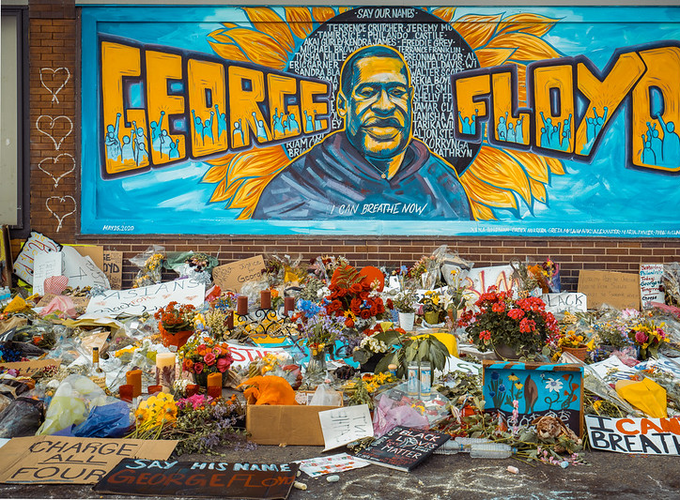 Image by Chad Davis on Flickr, CC BY-SA 2.0
Image by Chad Davis on Flickr, CC BY-SA 2.0
Abstract
The police murder of George Floyd sparked nationwide protests in the summer of 2020 and revived claims that public outcry over such high-profile police killings perpetuated a violent war on cops. Using data collected by the Gun Violence Archive (GVA) on firearm assaults of U.S. police officers, we use Bayesian structural time series (BSTS) modeling to empirically assess if and how patterns of firearm assault on police officers in the United States were influenced by the police murder of George Floyd. Our analysis finds that the murder of George Floyd was associated with a 3-week spike in firearm assaults on police, after which the trend in firearms assaults dropped to levels only slightly above that which were predicted by pre-Floyd data. We discuss potential explanations for these findings and consider their relevance to the contemporary discussion of a war on cops, violence, and officer safety.
Unfortunately, there is a two-year embargo on sharing post-prints at Criminology. So in August 2025, you can click here to download the accepted version of our paper. In the meantime, you’ll have to shoot me an email and request a copy (and I’ll be happy to send you one!).
You can also click here to download the slides from our November 2022 presentation at the ASC Conference.